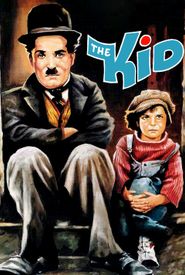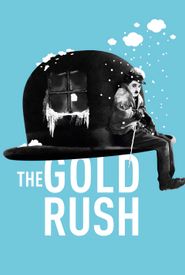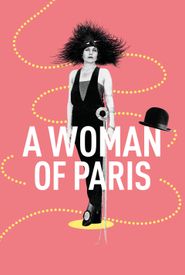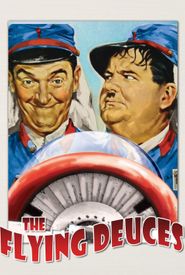A. Edward "Eddie" Sutherland, a British-born individual, embarked on a career in vaudeville before transitioning to the film industry in 1914, where he was one of the original Keystone Kops.
Initially, Sutherland acted in films, but his aspirations soon shifted towards directing, a career path he pursued from 1925 onwards. He began his directorial journey at Paramount Pictures, where he remained from 1925 to 1931, before moving to United Artists for a brief stint from 1931 to 1932.
Subsequently, Sutherland returned to Paramount Pictures in 1933 and 1935-1937, followed by a tenure at Universal Pictures from 1940 to 1941 and RKO Pictures in 1942. It was during the 1930s and 1940s that Sutherland's directorial career truly flourished, as he helmed a series of well-received comedies featuring iconic duos such as Laurel & Hardy and W.C. Fields.
However, his directorial efforts were met with a significant setback in 1946, when his adaptation of the stage play Abie's Irish Rose, which he also produced, received overwhelmingly negative reviews and failed to generate substantial box office revenue. The devastating critical and financial failure of this project left Sutherland unable to secure directorial work in Hollywood for an extended period.
In the 1950s, Sutherland relocated to Britain, where he concluded his career by directing episodic television programs.




















































